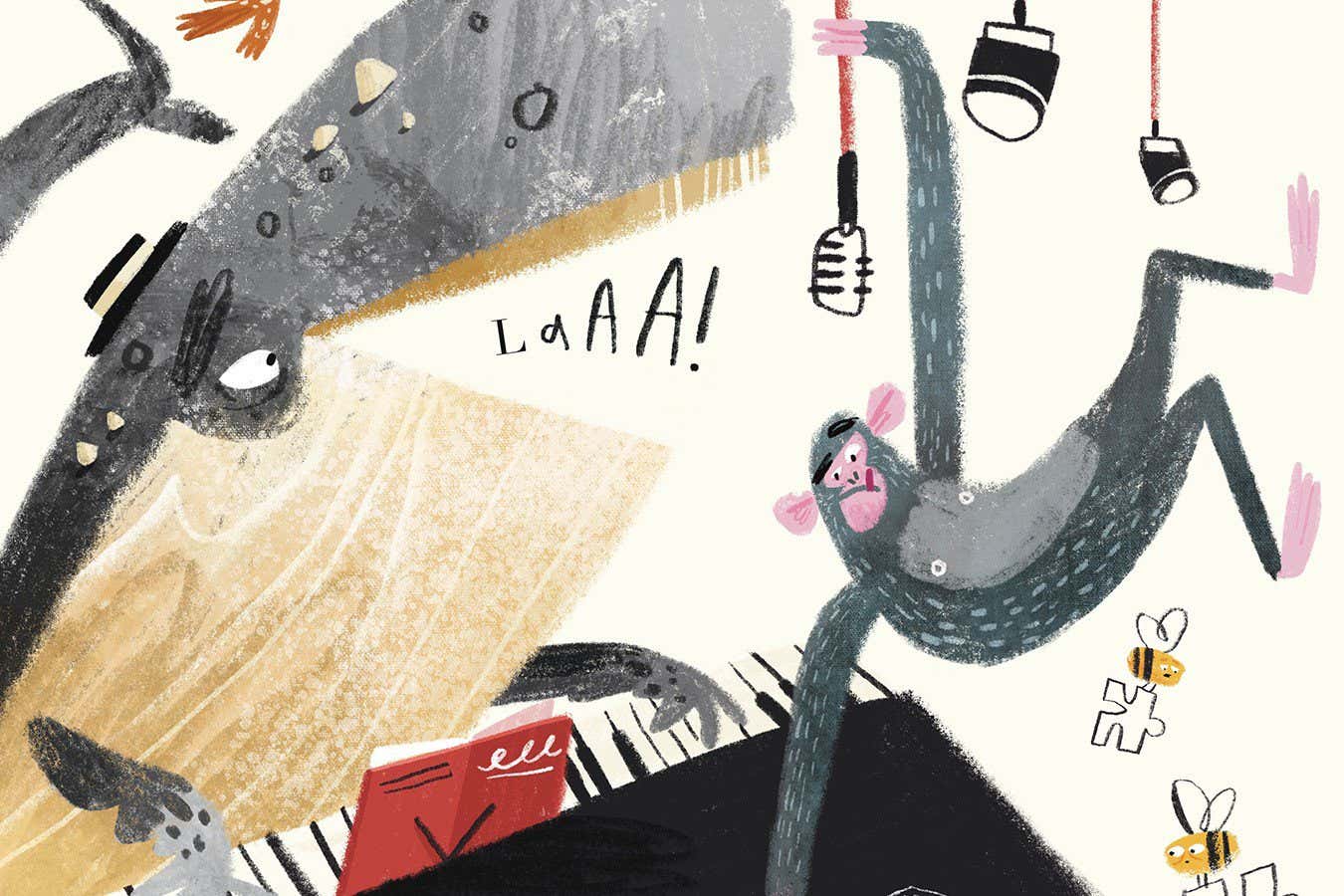[ad_1]

We all know the story: give every chimpanzee on the planet a typewriter and wait until something monumental occurs, either the recreation of the complete works of William Shakespeare or the heat death of the universe. Last year, mathematicians concluded the chimps would never achieve the former – the likelihood of one typing even the more modest “bananas” in its lifetime is a meagre 5 per cent. That some of our closest relatives fail this test speaks to how human culture is like nothing else in nature. Ask biologists to explain why this is, however, and things get complicated.
The problem became clear this century as studies revealed that culture, far from being uniquely human, is present across the animal kingdom, from whales to ants. This has encouraged researchers to search for the key ingredient that explains why our culture – and ours alone – flourished.
It hasn’t been easy, and for a surprising reason: animal cultures are far more sophisticated than we assumed. We once thought they couldn’t become more technologically advanced, yet research published a few months ago suggests they can. We also suspected that animals lacked the smarts to learn complicated behaviours from one another – but last year, we discovered that even bees may be sufficiently brainy to do so. “Views have changed,” says Edwin van Leeuwen, an animal cognition researcher at Utrecht University in the Netherlands. “We now know much more about animals than we did before.”
In updating our expectations of animal cultural behaviour, though, we seem to have made explaining the culture gap much harder.…
[ad_2]
Source link : https://www.newscientist.com/article/mg26635374-000-the-animals-revealing-why-human-culture-isnt-as-special-as-we-thought/?utm_campaign=RSS%7CNSNS&utm_source=NSNS&utm_medium=RSS&utm_content=home
Author :
Publish date : 2025-04-01 16:00:00
Copyright for syndicated content belongs to the linked Source.